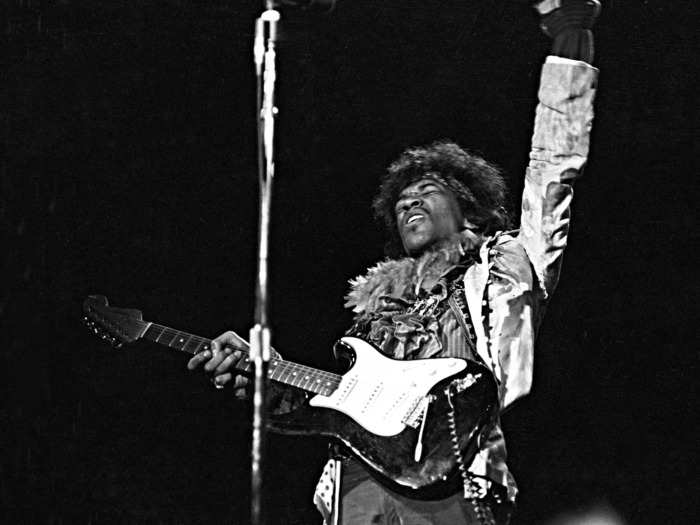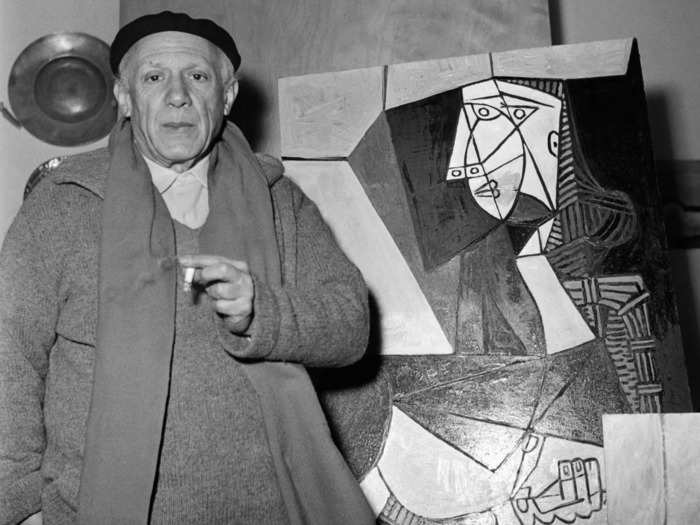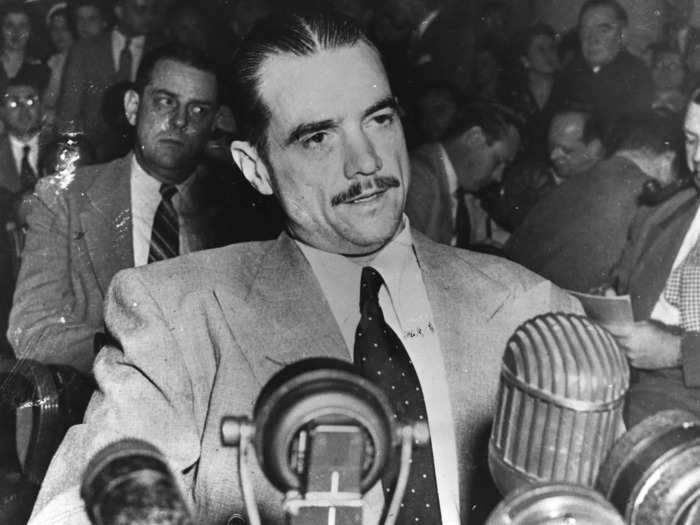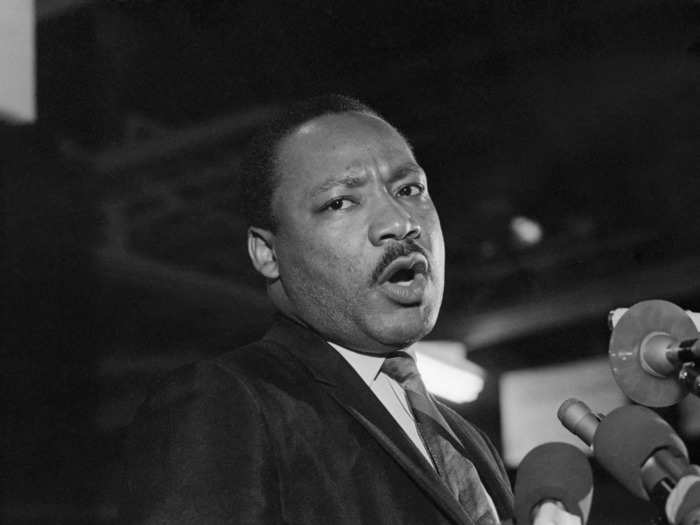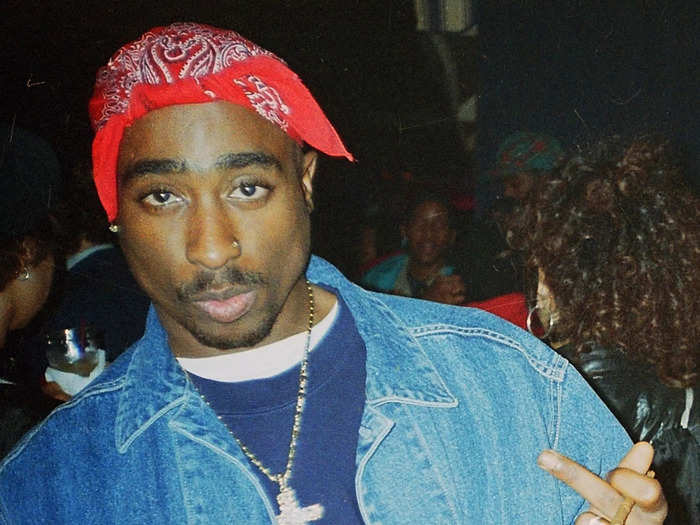Pablo Picasso in his Paris studio.Bettmann/Getty Images
- A Michigan jury ruled in July that a document written by Aretha Franklin before she died was a valid will.
- She is among several celebrities who have died without a will, including Billie Holiday and Kurt Cobain.
In 1984, a lawyer named William D. Zabel, who had drafted wills for 20 years, wrote in The New York Times that people sometimes refuse to write a will because they weren't ready to "resolve their true feelings" about death, property, and family.
"Refusing to do a will — or to sign it, once done — is often a way a man refuses to confront his fear of death," he wrote.
In the US, a will doesn't have to be drafted by a lawyer, or even typed, but these factors can help a will stand up in court. A person can usually create a valid will if their intentions are written down, they apparently want the document to be a will, and they are considered to have the mental capacity at the time of writing. Technical requirements differ from state to state, but often two witnesses are also required who must sign the will.
In a study executed between 2014 and 2016, The Conversation found estate disputes where a will wasn't executed usually cost about $17,000 in attorney fees. When it comes to celebrity estates the cost of failing to execute a will can be much more.
Here are 12 instances where famous people died without a will and what happened afterward.
Billie Holiday
Billie Holiday records her penultimate album, "Lady in Satin," at the Columbia Records studio. Michael Ochs Archives/Getty Images
In 1959, jazz singer Billie Holiday died without a will. She was 44 years old. At the time, she had almost no money in her bank accounts, but she reportedly had about $750 strapped to her leg.
Her estate, which included royalties, image, and publishing rights, ended up going to Louis McKay, her estranged third husband who had been abusive to her. In 1981, when McKay died, Holiday's estate went to McKay's widow, who later sold it to a publishing company.
"It's not right that someone who was as awful to Billie Holiday as Louis McKay was would then have control of her likeness and her money," Danyel Smith, the author of the book, "Shine Bright: A Personal History of Black Women in Pop," told Billboard.
"And it's insane, at the end of the day, control of her money and likeness is in the hands of people who didn't know her or have a relationship with her," Smith said.
Sources: Billboard, NPR
Jimi Hendrix
Jimi Hendrix. Michael Ochs Archives/Getty Images
In 1970, famed guitarist Jimi Hendrix died without a will. He was 27 years old. His estate was reportedly worth $80 million. It became mired in legal battles in 2002 after Hendrix's father died and left Janie, Jimi's stepsister, in control of the estate in his will.
Hendrix's brother Leon challenged the will. Two years later, a Seattle court rejected his challenge.
Since then, there have been several lawsuits around Hendrix and the rights to use his name.
Sources: Town and Country, USA Today, CNBC, NYPost
Pablo Picasso
Pablo Picasso with one of his works in Vallauris, France. Bettmann/Getty Images
In 1973, the artist Pablo Picasso died without a will. He was 91 years old.
"There is no will," Picasso's lawyer Armand Antebi told the media. "He never made one because of superstition. A way of avoiding death, one might say."
Picasso left behind 45,000 artworks, including 1,885 paintings and 1,228 sculptures.
In 1980, his estate was appraised at $250 million. It took six years and cost $30 million to divide his estate between seven heirs.
Sources: New York Times, Vanity Fair
Howard Hughes
Howard Hughes answers questions before Congress, Washington, D.C., August 1947. Alan Band/Keystone/Getty Images
On April 5, 1976, the eccentric billionaire Howard Hughes died without a will. Around 600 people tried to claim some of his fortune, with 40 fake wills being put forward before they were dismissed as fakes.
After years of legal battles, the US government took $169 million of his estate, which was worth about $500 million in total. The remaining sum — which ended up being worth $1.5 billion by the time it was divided — went to 1,000 people over more than 30 years.
Source: Insider
Martin Luther King Jr.
Martin Luther King Jr. giving his final speech. Getty Images
In 1968, the civil rights leader, Martin Luther King Jr., died without a will. Unlike many others on this list, he didn't have a large estate. He had given away the $50,000 he was awarded for winning the Nobel Peace Prize as well as most of his book royalties.
The estate ended up being controlled by King's children, Bernice, Dexter, and Martin Luther King III. In 2014, the estate flared up when Dexter and Martin voted to sell the Bible he had carried throughout the 1960s as well as his Nobel Peace Prize medal.
Bernice, who had possession of the items, voted against it and refused to turn them over.
In 2016, a judge ordered the items to be released to the estate, allowing the sale.
Sources: New York Times, Reuters, Guardian
Bob Marley
Bob Marley. Mike Prior/Getty Images
In 1981, singer Bob Marley died without a will. He was 36 years old. His estate was reportedly worth $30 million. Marley had known he was going to die after being diagnosed with cancer in 1977 and chose not to write a will.
The last thing he said to his son was, "Money can't buy life."
Under Jamaican law, a person's estate is divided equally among the person's spouse and children. Marley had 11 children and his wife Rita sued for more than the allotted 10% she was entitled to under the law.
Rita later admitted to forging signatures and backdating documents to transfer $9 million of assets to her name, claiming her lawyers told her to do so. In 1992, a federal jury found she wasn't responsible, but the lawyer and accountant were found guilty of fraud.
In 1987, Louis Byles, managing director of Mutual Security Merchant Bank and Trust Co Limited, wrote a report about the estate.
"[It] is perhaps the most complex and difficult estate ever to be administered in Jamaica, if not the Western Hemisphere as a whole," Byles wrote.
Sources: USA Today, New Yorker, CNBC, UPI, Los Angeles Times, Deseret News, Standard
Kurt Cobain
Kurt Cobain. Frank Micelotta Archive/Getty Images
In 1994, Nirvana frontman Kurt Cobain died without a valid will. He was 27 years old. His estate was later valued at $450 million. The state of Washington found that several draft wills were invalid.
Courtney Love, Cobain's wife, was held to be the estate's primary heir, while a trust was established for their daughter, Frances Bean. Money earned by Cobain's company, End of Music, was split between the two, primarily in a 60-40 split.
Sources: USA Today, CNBC, Vanity Fair
Tupac Shakur
Photo of Tupac Shakur in 1993 in New York City. Walik Goshorn/MediaPunch/IPX
In 1996, rapper Tupac Shakur died without a will. He was 25 years old. His estate was reportedly worth $40 million. His estate ended up going to his mother, Afeni Shakur-Davis.
After Afeni died, record label manager Tom Whalley took over as executor of the estate.
In 2022, Tupac's sister, Sekyiwa, sued Whalley, claiming he had unreasonably enriched himself by taking $5.5 million from the estate.
Sources: CNBC, Billboard, Rolling Stone
Stieg Larsson
Stieg Larsson, Swedish writer and journalist, poses for a photograph in Paris, France. Sophie Bassouls/Sygma/Sygma/Getty Images
In 2004, Swedish novelist Stieg Larsson, author of "Girl with a Dragon Tattoo," died without a will. He was 50 years old. In the immediate years after his death, his trilogy of books blew up, selling millions of copies.
Larsson had a partner of 32 years named Eva Gabrielsson, but the estate went to his father and brother, Erland and Joakim Larsson, instead of going to her. This is because in Swedish law, non-marital relationships are not recognized.
Larsson had made many enemies through his journalism, which was often aimed at fighting right-wing extremists and fascism. The pair had agreed not to marry to ensure Gabrielsson would not be targeted by Larsson's enemies.
Following the success of Larsson's novels, Gabrielsson and the Larssons ended up in a public heated dispute over the estate. The Larssons offered to settle through a newspaper article for about $2.6 million, but she refused. She wanted to be his literary executor.
Sources: History, Guardian, Los Angeles Times, ABC News
Amy Winehouse
Amy Winehouse's family will mark the 10th anniversary of her death by auctioning off her clothes. Roger Kisby/Getty Images
In 2011, the singer Amy Winehouse died without a will. She was 27 years old.
The court eventually awarded her estate — worth about $4.6 million after her debts had been cleared — to her parents. Her ex-husband Blake Fielder-Civil received nothing, although he later got about $320,000 in a settlement.
In 2019, Fielder also made a claim for about $1.4 million from the estate. It's unclear whether it was successful.
Sources: USA Today, London Evening Standard
Prince
Prince performs onstage during the 1984 Purple Rain Tour. Ross Marino/Getty Images
In 2016, the musician Prince died without a will. He was 57 years old. His estate was worth an estimated $300 million.
The New York Times reported that he preferred to do things himself rather than relying on others and that might have led to him failing to execute a will.
After Prince died, several people made claims on the estate, including people claiming to be his child and a wife no one had known about. These claims were dismissed.
Without a will, spouse, or children, it took six years of legal battles to resolve how his estate was executed.
Sources: New York Times, Conversation, USA Today, CNBC
Aretha Franklin
Aretha Franklin. Dimitrios Kambouris/Getty Images
In 2018, Aretha Franklin, the iconic singer-songwriter dubbed the "Queen of Soul," died without a clearly valid will. She was 76 years old. Her estate was valued at $18 million.
Instead of one proper will, three handwritten documents were found in her house. One will was found under the couch, while another was locked away.
Franklin's sons argued over which of the wills should be followed because they had different directions about distributing the estate. In July 2023, a court found that the more recent will, which was found under her couch at home, should be followed.
Sources: Conversation, New York Times, NPR


